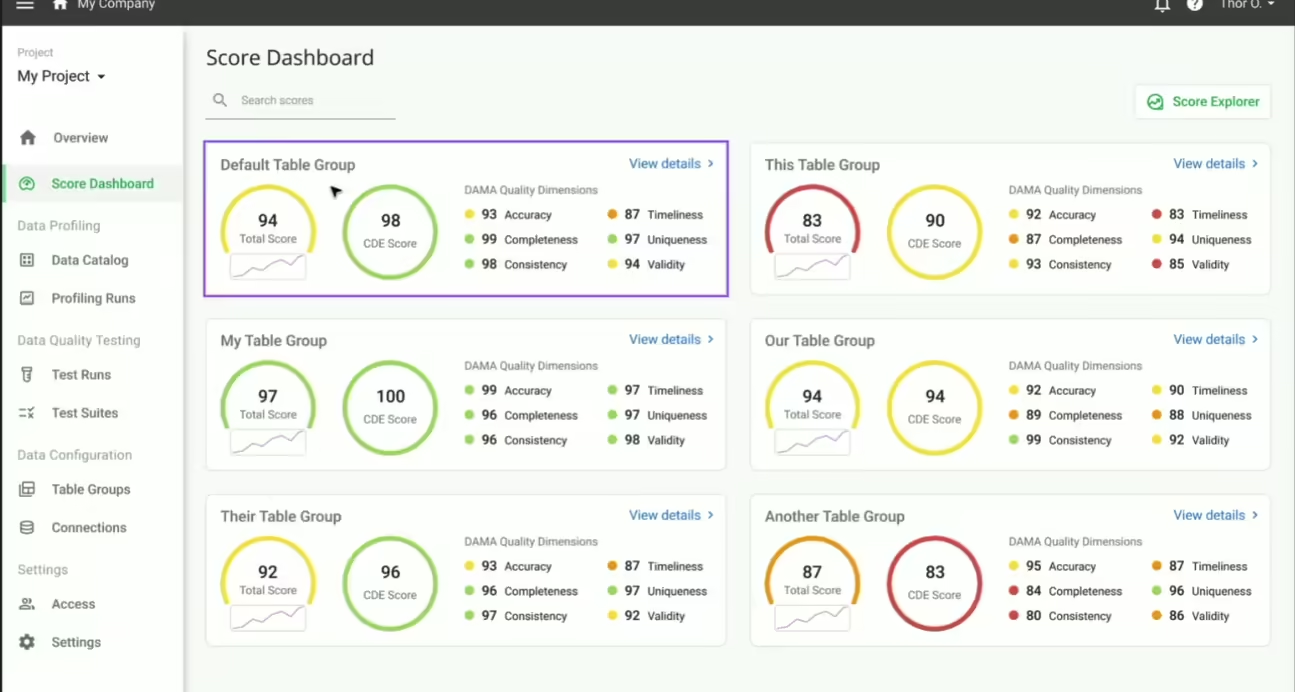Quantum computing will fail before it succeeds. That’s not a criticism of quantum computing. It’s more a commentary on the difficulty of deploying solutions based on cutting-edge innovation.
In 2020, the human species has extensive experience with new technologies. I can predict the trajectory of quantum computing with a fair degree of confidence (having lived through it many times in the data industry):
- Well-intentioned researchers and developers articulate the promise of quantum computing. Journalists hype it. Leaders and executives come to believe that quantum will solve their most challenging problems. Enterprises spend large sums on quantum tools and infrastructure. Analysts start to track the quantum computing market. Investors bestow millions on entrepreneurs.
- Thought leaders narrowly focus on metrics like computational speed. Enterprises deploy the first quantum computing applications without understanding that the quantum component is actually just a small part of a much larger (and much less exciting) system. Enterprises spend a lot of money on quantum and too little on everything else. No one thinks about annoying things like field service, corner cases, enhancements, maintenance and customer support.
- The highly-compensated gurus who know how to create quantum solutions become bottlenecks. They work around the clock, yet still deliver fewer features and later than initially planned. Data riddled with errors flow into quantum applications corrupting results. The slow and error-prone processes for deploying quantum application enhancements and updates rely on complex manual steps. Groups managing subsystems of quantum applications engage in turf wars. Projects exceed their allocated budgets. Applications underdeliver on their promise. After painful field trials, prospects refrain from becoming customers.
- Researchers and developers transparently discuss their underwhelming results at conferences. Industry analysts publish surveys indicating that only 3% of quantum projects meet performance targets. Journalists write articles about how quantum is “not ready for prime time.” CIOs and CDOs decide to spend more time with family.
- Everyone else resumes doing what they were doing before they ever heard the term “quantum computing.”
The disaster scenario described above says nothing about quantum computing or its eventual success. It applies to any new technology. Today, we see it happening in AI and machine learning, which are transitioning from step 3 to step 4. Like AI and machine learning, quantum computing will have a bright future when business leaders design processes and methodologies that deliver high-quality results with minimal cycle time. The keys to success with quantum computing include governing data quality using statistical and process controls, delivering new applications rapidly and continuously using DevOps methods, and iterating on quantum models, guided by customer feedback, using Agile development. In the context of analytics and big data, these methods are collectively called DataOps.
The ability to execute quantum algorithms very fast will surely change everything. The fact that humans will deploy and manage these capabilities will prove that nothing at all has changed. Enterprises can accelerate the success of quantum computing by decades using DataOps to eliminate errors and compress application development cycle time. The irony is that the DataOps tools and methods that enterprises implement today can make or break their future with quantum computing.






